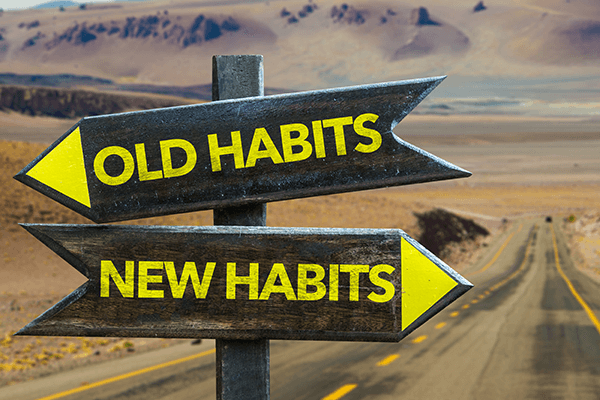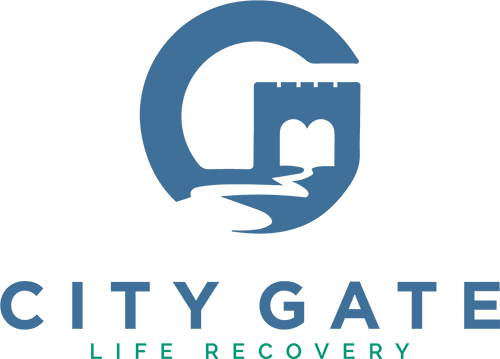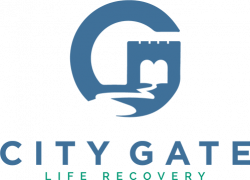Compulsive Behaviors
When you’re no longer enjoying that which is pleasurable, you need to take a step back.
- Home
- Compulsive Behaviors
Recover and Regain Control
Picture your favorite hobby. Or imagine watching your best football team play a game. Perhaps going to the gym, or having that hot cup of your favorite coffee, or a spa treatment. Whatever the thing is that brings you utter joy… Now, imagine what it would be like to remove the pleasure from that activity yet you have to keep doing it. You might wonder why you would even entertain that favorite thing any longer. This is similar to the experience had by those struggling with compulsive behaviors.
Compulsive behaviors are activities a person performs with intent and repetition, without pleasure. Commonly linked to the more widely known OCD—Obsessive Compulsive Disorder—the pleasure from the activity is often replaced by the belief that the individual has to partake excessively in the activity, sometimes even to the fear that if that activity is not engaged in, then something bad might happen. It becomes a compulsion.
Some experts believe compulsive behaviors to be a disorder that cannot be cured. However, at City Gate we take a more optimistic, evidence-based approach to helping you manage and recover from compulsive behaviors—especially those linked with sexual activities. Our success stories are proof that it is possible.
We lead with wisdom, empathy, and a clear path to recovery. While we don’t promote a “cure all” for compulsive behaviors, we know that what you go through every day isn’t easy, and we can help you, as you work to live a full life again.
We invite you to check out our Resource Page, and to know that we’re only a friendly phone call away.
What is Compulsive Sex Addiction?
A person with a sex addiction battles obsessive thinking and compulsive behaviors, which means their life is generally preoccupied by everything sexual – thoughts, urges, fantasies, dreams, impulses, objectification, behaviors, attitudes, bias, entertainment, relationships, budget, and goals.
Therefore, the sex addict may be partaking in pornography and other forms of adult “entertainment”, masturbation with visual aid (porn, photo, view), multiple sex partners, infidelity, or indulging in fetishistic S&M, anonymous chatrooms, swinging, online sex, webcams, barely legal, unprotected sex, and other risky behaviors.
For some, they can also gravitate to crossing legal (child pornography, paying for sex – in massage parlors, strip clubs, street workers, dating sites, etc.) or ethical boundaries (sexual harassment in the workplace, crossing boundaries with strangers, obscene phone calls, etc.).
Compulsive sex addiction can be extremely debilitating. It can overwhelm the addict’s mental and physical health, interpersonal relationships with family and friends, finances, ability to perform at work, and overall sense of well-being.
Please know that City Gate is here for you. We understand the devastation of sex addiction, whether you are the addict or the partner, we are here to support you in your journey of sobriety, recovery, and to move forward with your life.
It can be difficult for someone with compulsive sexual behavior to determine when they should seek help. There are two observations that, if both met, are huge indicators for the critical need of professional help:
- You’ve lost self-control over your sexual urges. Your determination to scale back sexual activity has deteriorated greatly or is short-lived.
- Your family and/or friends have approached you about your compulsive behavior or the side effects, or how you are treating or ignoring them.
Important ingredients in your recovery is a core love and compassion for yourself and others, despite the consequences of your behavior. Surround yourself with people who have your best interest at heart. These values are fundamental for successful compulsive sexual behavior therapy.

While each therapy session is individually crafted to the unique individual, you can expect that your path to success will include the following:
- Full assessment and diagnosis of compulsive behaviors, sex addiction, and other underlying emotional or mental health issues.
- Cognitive behavioral therapy which will teach you adaptive coping skills and control methods to manage urges during recovery.
- Affirmations will help you not feel as isolated from loved ones, and you’ll accept every future urge or thought as another opportunity to better yourself.
- Once sobriety is in sight, digging deeper into the internal struggle will help you discover and manage the common, yet unrecognized motivations and triggers behind your compulsive behaviors.
Frequently Asked Questions
Some sexual addictions cross into the world of prosecutable sex crimes. An exhibitionist can get arrested for indecent exposure and a voyeur can get in trouble for peeking into a woman’s bathroom. Men can be arrested for paying prostitutes. Any sex addiction can spiral into a legal problem; prosecution will differ from state to state. But there are some paraphilic behaviors that may begin as compulsive fantasies and urges, but, once acted out, they become sex crimes.
Examples are pedophilia, sexual assault, rape, necrophilia, zoophilia, sexual harassment, incest, indecent exposure, and sex trafficking.
Compulsive sexual behavior can also be referred to as ‘Hypersexuality’. The usage of this term further emphasizes the frequency and dependency on the part of the sex addict to partake in the compulsive behavior. Like most compulsive behaviors, the sex addict experiences distress from their constant fantasies, thoughts and urges. This is commonly the first and most experienced negative consequence of hypersexuality, however, it can also be something that enables behavior because the addict feels helpless to the obsessions.
Yes, however, the key indicator is the addict believes they “have” to partake in masturbation out of some form of compulsive behavior, and that satisfying this urge is the only constant satisfaction experienced by the addict.
This is a great question. Using alcohol as an example, addiction would refer to the process the addict went through that led them to become dependent on alcohol. This could include casual drinking, or drinking with the knowledge that he/she is predisposed to alcoholism. Compulsion, on the other hand, would be someone who feels that drinking is a required behavior to meet some form of end, such as feeling good or a fear of what would happen if they don’t partake.

